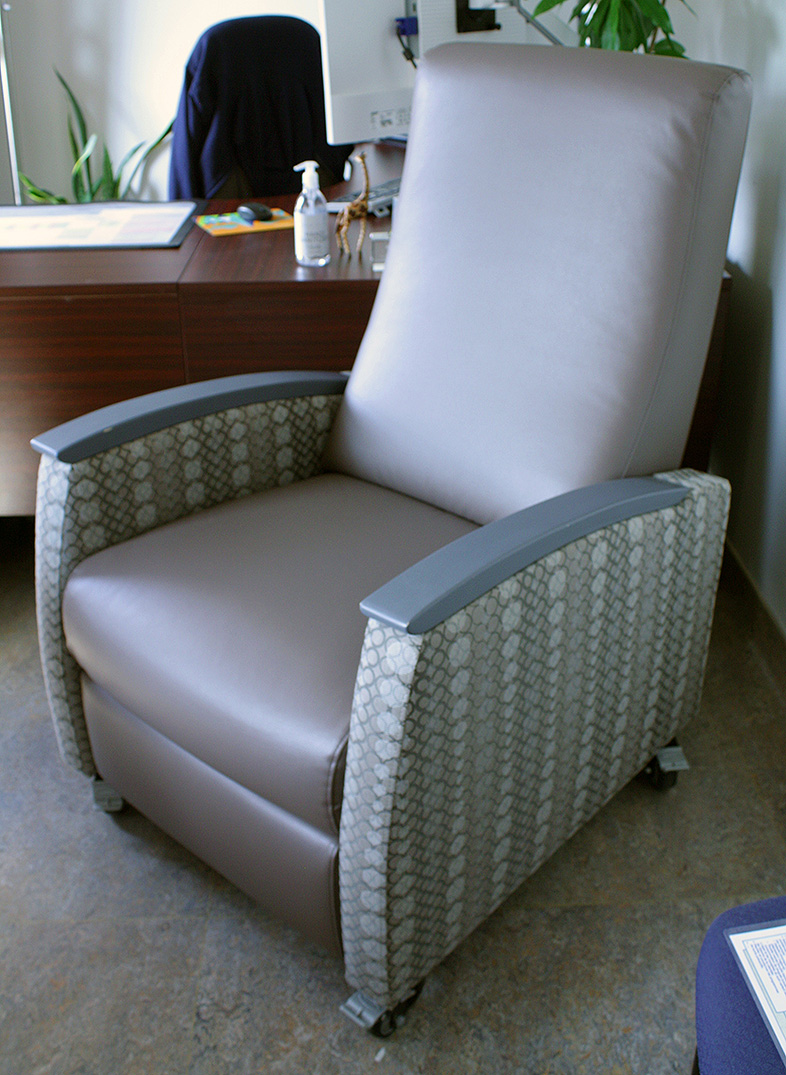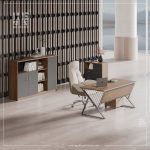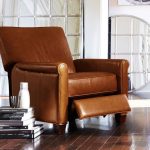Introduction: Enhancing the Patient Experience
In the realm of healthcare, patient comfort holds paramount importance. From waiting areas to treatment rooms, every aspect of a healthcare facility should be designed with patient well-being in mind. Medical chair recliners play a significant role in this endeavor, offering comfort, support, and functionality to patients undergoing various medical procedures. This article explores the pivotal role of medical chair recliners in enhancing the patient experience within healthcare facilities.
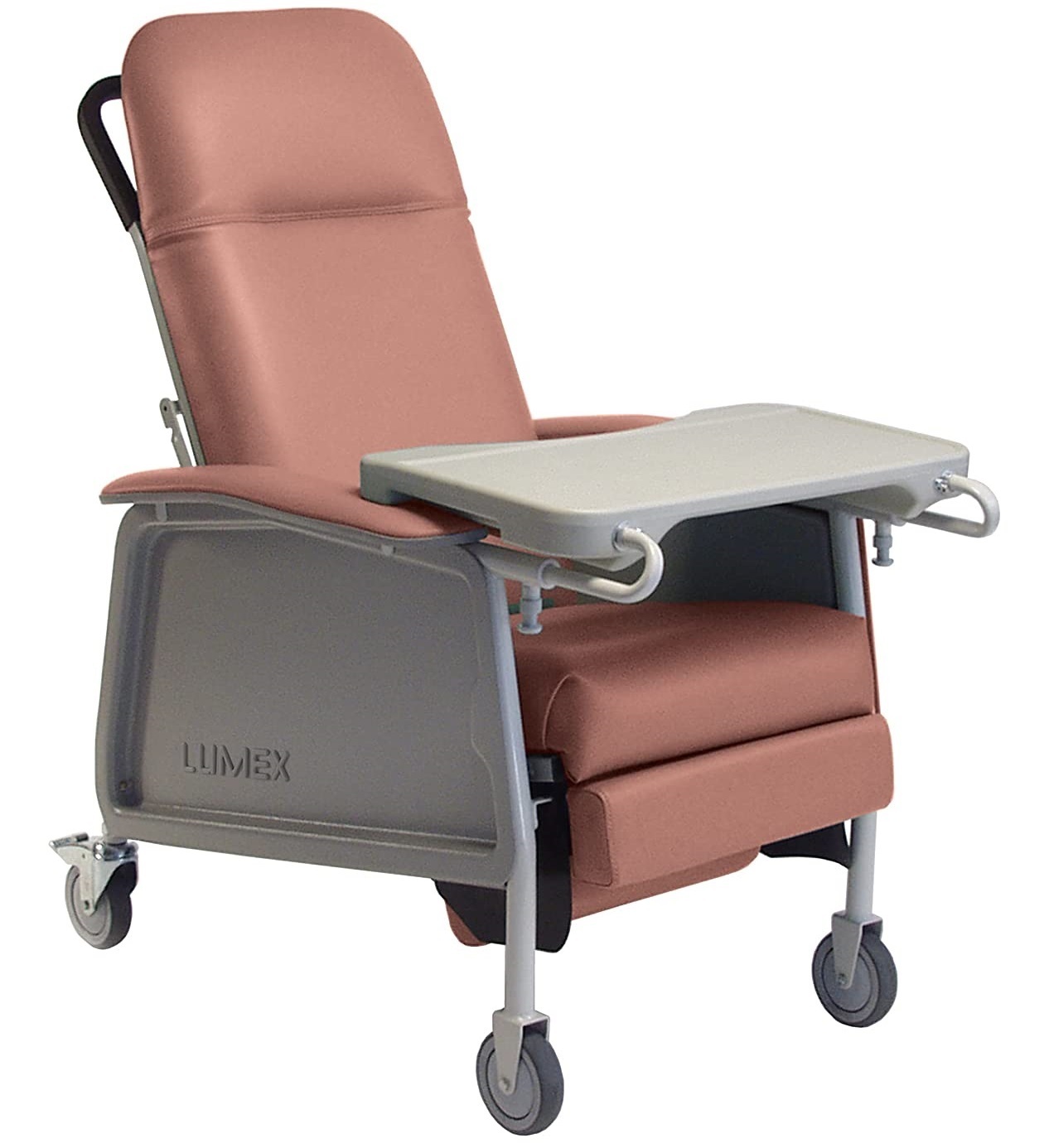
Understanding Patient Needs
Before delving into the significance of medical chair recliners, it’s crucial to understand the diverse needs of patients in healthcare settings. Patients may experience anxiety, pain, or discomfort due to illness, injury, or medical procedures. Addressing these needs requires a comprehensive approach that prioritizes not only medical treatment but also emotional support and physical comfort.
Comfort as a Therapeutic Tool
Comfort plays a dual role in healthcare—it not only alleviates physical discomfort but also contributes to psychological well-being and overall patient satisfaction. Medical chair recliners offer a comfortable and supportive seating option for patients during consultations, treatments, or recovery periods. The ergonomic design, cushioning, and adjustable features of these recliners promote relaxation and ease tension, fostering a conducive environment for healing and recovery.
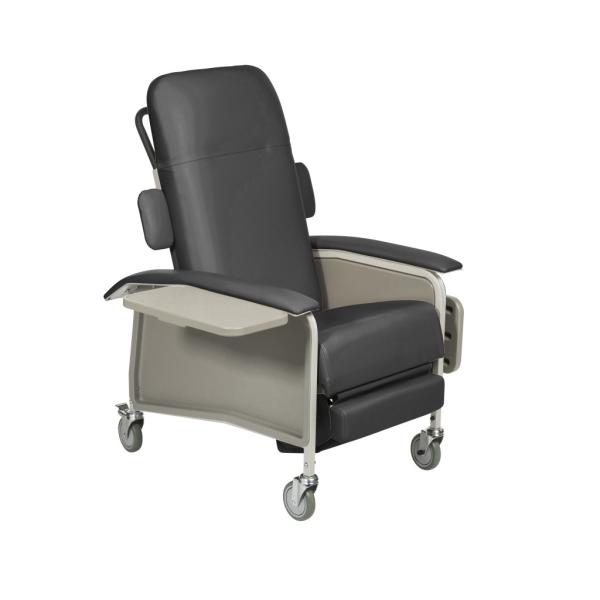
Promoting Mobility and Accessibility
Mobility and accessibility are essential considerations in healthcare environments, particularly for patients with limited mobility or disabilities. Medical chair recliners are designed to accommodate various mobility needs, with features such as adjustable heights, swivel capabilities, and easy-to-operate controls. These recliners enable patients to transition between sitting and reclining positions comfortably, facilitating movement and enhancing accessibility within healthcare facilities.
Supporting Patient-Centered Care
Patient-centered care emphasizes the importance of tailoring healthcare services to meet the unique needs and preferences of individual patients. Medical chair recliners align with this approach by providing patients with a sense of autonomy and control over their environment. Patients can adjust the recline angle, footrest position, and other features according to their comfort preferences, empowering them to actively participate in their care process.
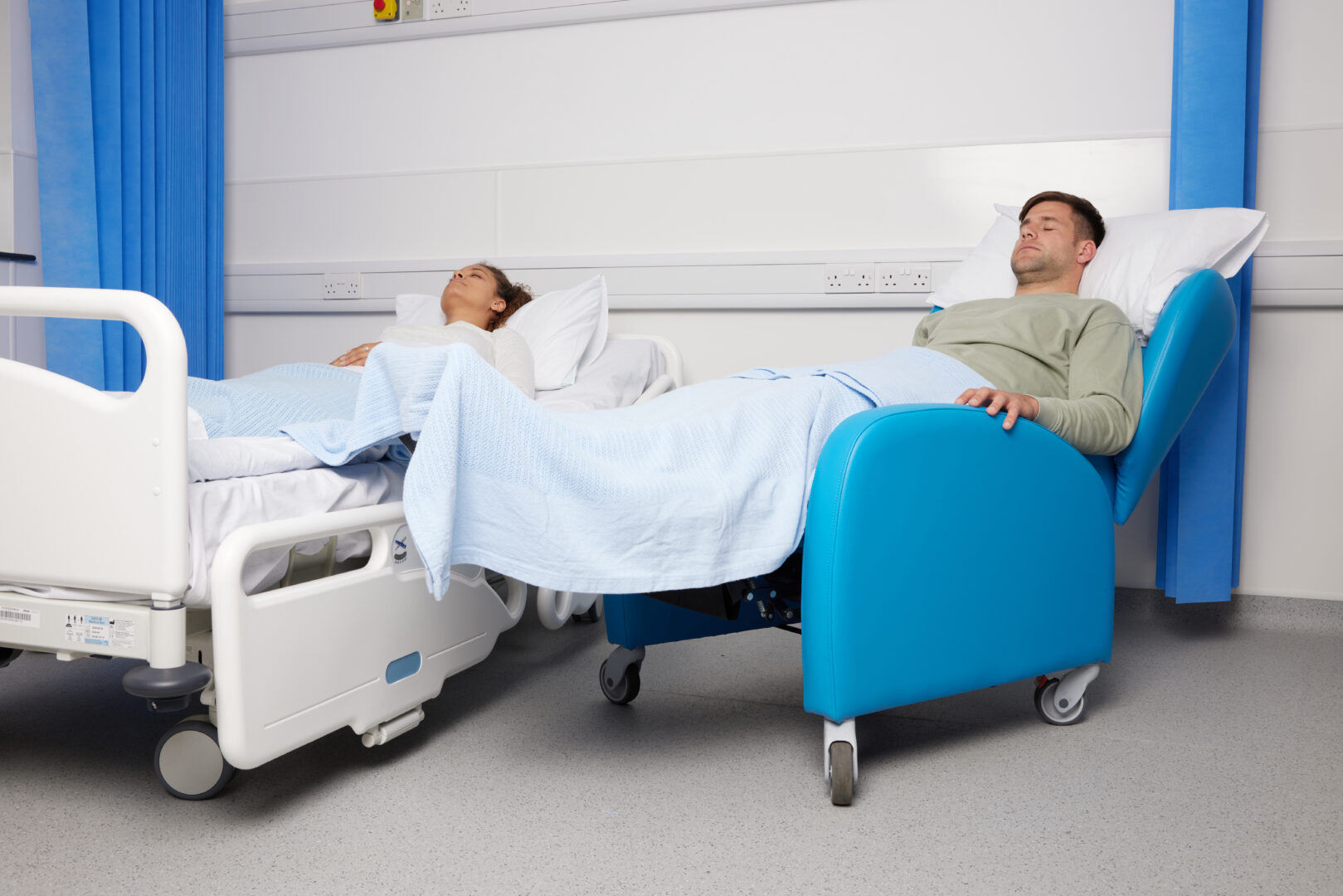
Facilitating Therapeutic Interactions
Healthcare professionals often engage in therapeutic interactions with patients to build trust, alleviate anxiety, and promote healing. The use of medical chair recliners can enhance these interactions by creating a comfortable and welcoming space for communication and engagement. Whether during consultations, counseling sessions, or bedside visits, recliners provide both patients and caregivers with a conducive environment for meaningful interactions.
Improving Patient Flow and Efficiency
Efficient patient flow is essential for optimizing the delivery of healthcare services within facilities. Medical chair recliners contribute to streamlined workflows by accommodating patients comfortably during various stages of their healthcare journey. Whether in waiting areas, examination rooms, or infusion centers, recliners help prevent bottlenecks and ensure smooth transitions between different care settings, ultimately enhancing operational efficiency.
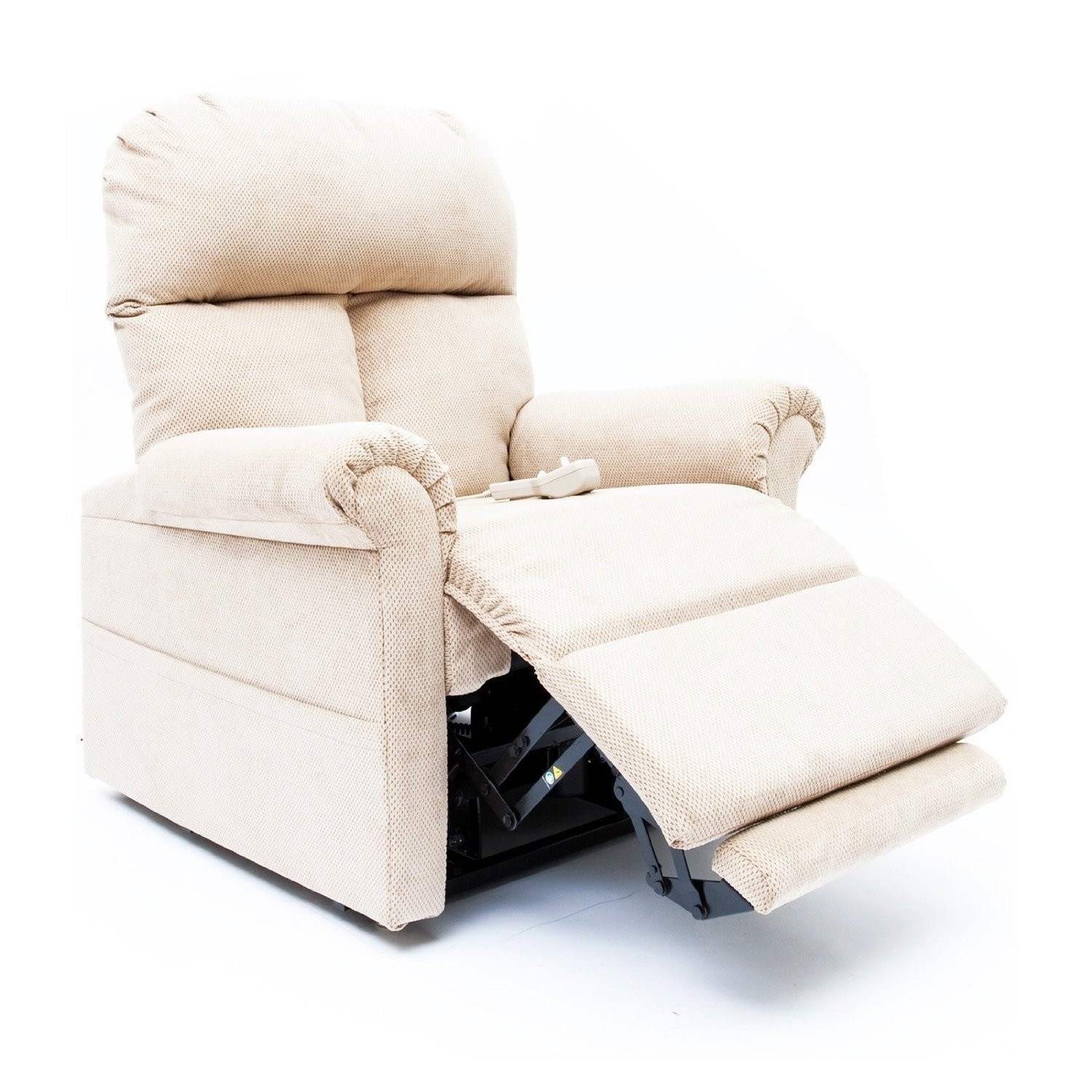
Enhancing Safety and Infection Control
Safety and infection control are paramount concerns in healthcare settings, particularly in light of the ongoing challenges posed by infectious diseases. Medical chair recliners are designed with features that promote safety and hygiene, such as easy-to-clean surfaces, antimicrobial materials, and sturdy construction. These recliners help mitigate the risk of cross-contamination and contribute to maintaining a safe and sanitary environment for patients and healthcare providers.
Customized Comfort Solutions
One size does not fit all when it comes to patient comfort. Medical chair recliners offer customizable features that allow healthcare facilities to tailor seating options to individual patient needs. Whether accommodating patients of varying sizes, mobility levels, or medical conditions, these recliners can be adjusted to provide personalized comfort solutions. Customizable features such as seat width, armrest height, and lumbar support ensure that each patient receives optimal comfort and support during their healthcare experience.
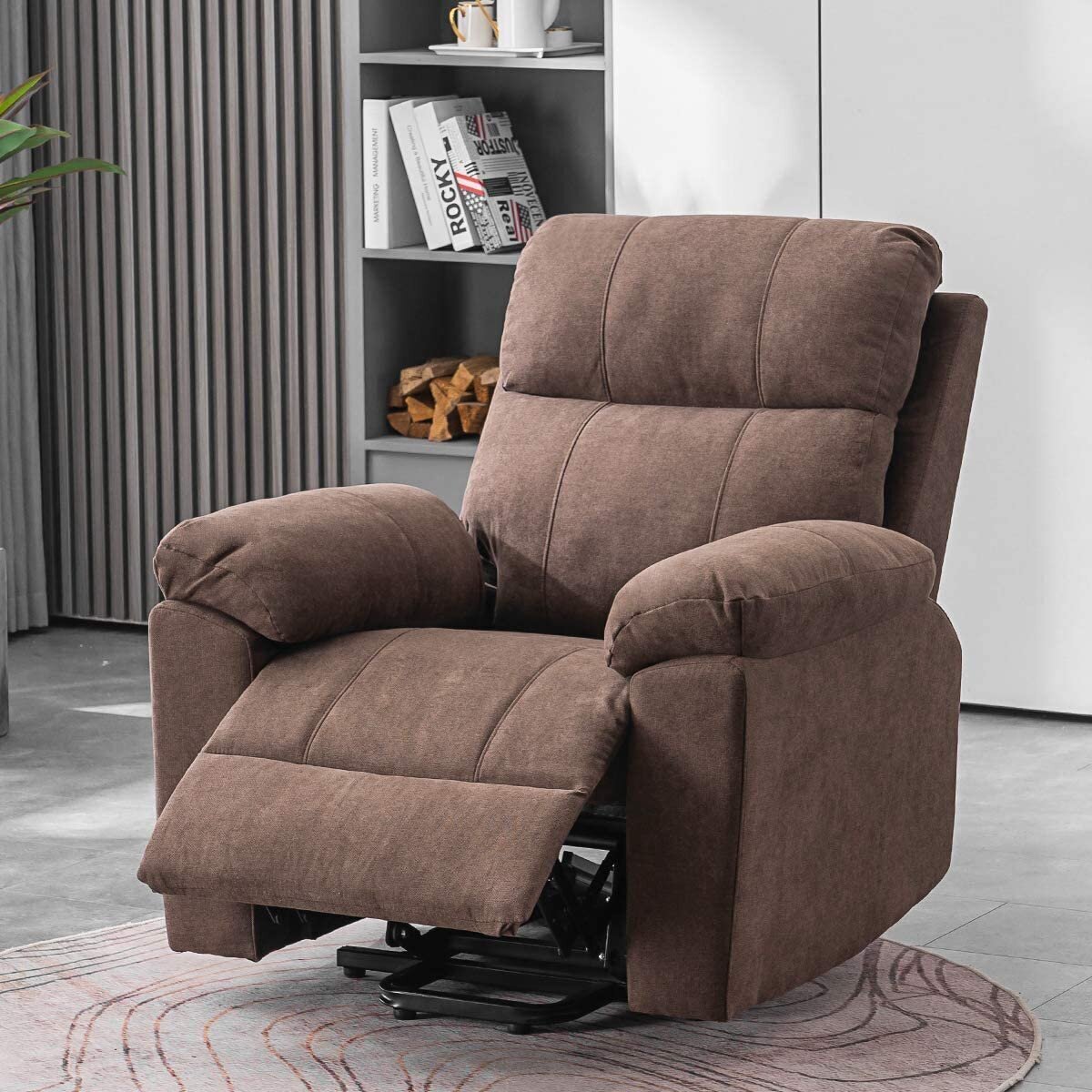
Supporting Patient Recovery and Rehabilitation
Recovery and rehabilitation are integral components of many healthcare journeys, whether recovering from surgery, managing chronic conditions, or undergoing physical therapy. Medical chair recliners support these processes by providing a comfortable and supportive environment for patients to rest, recuperate, and engage in therapeutic activities. From facilitating proper body alignment to promoting circulation and reducing pressure points, these recliners play a vital role in supporting patient recovery and rehabilitation efforts.
Enhancing Family-Centered Care
In many healthcare scenarios, patients are accompanied by family members or caregivers who play a crucial role in their support network. Medical chair recliners accommodate this aspect of care by offering spacious seating options that can accommodate both patients and their loved ones. Whether providing a place for family members to sit beside patients during consultations or offering overnight sleeping accommodations for caregivers, these recliners contribute to a family-centered approach to healthcare that prioritizes the well-being of both patients and their support networks.
Addressing Specialized Healthcare Needs
Certain medical procedures or conditions require specialized seating arrangements to ensure patient comfort and safety. Medical chair recliners are designed to meet these specialized needs, with features such as Trendelenburg positioning for patients undergoing procedures requiring a flat or tilted position, or pressure-relieving cushions for individuals at risk of developing pressure ulcers. By addressing these specialized healthcare needs, recliners enhance the quality of care delivered within healthcare facilities, ensuring that patients receive the support and comfort necessary for their specific medical circumstances.
Customized Comfort Solutions
One size does not fit all when it comes to patient comfort. Medical chair recliners offer customizable features that allow healthcare facilities to tailor seating options to individual patient needs. Whether accommodating patients of varying sizes, mobility levels, or medical conditions, these recliners can be adjusted to provide personalized comfort solutions. Customizable features such as seat width, armrest height, and lumbar support ensure that each patient receives optimal comfort and support during their healthcare experience.
Supporting Patient Recovery and Rehabilitation
Recovery and rehabilitation are integral components of many healthcare journeys, whether recovering from surgery, managing chronic conditions, or undergoing physical therapy. Medical chair recliners support these processes by providing a comfortable and supportive environment for patients to rest, recuperate, and engage in therapeutic activities. From facilitating proper body alignment to promoting circulation and reducing pressure points, these recliners play a vital role in supporting patient recovery and rehabilitation efforts.
Conclusion: Elevating the Patient Experience
In conclusion, medical chair recliners play a pivotal role in prioritizing patient comfort and well-being within healthcare facilities. By addressing patients’ diverse needs, promoting mobility and accessibility, and supporting patient-centered care, these recliners contribute to an enhanced patient experience. Furthermore, they facilitate therapeutic interactions, improve operational efficiency, and enhance safety and infection control measures. As healthcare continues to evolve, the importance of medical chair recliners in fostering comfort, dignity, and healing for patients remains undeniable.
